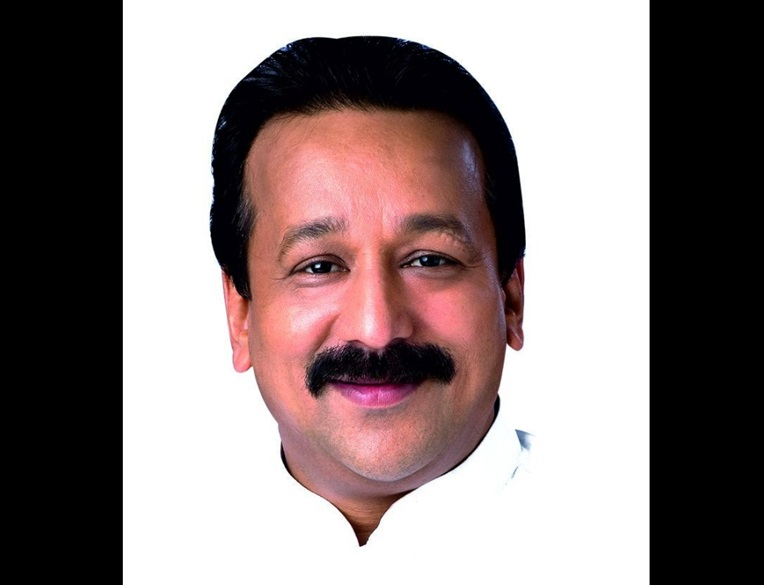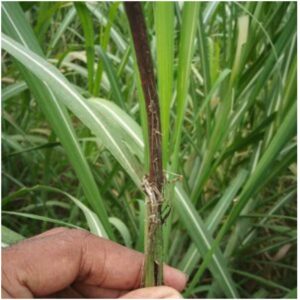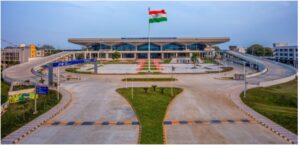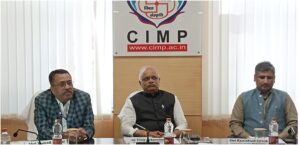Baba Siddiqui’s Journey From Bihar To Bandra: The Watchmaker’s Son Who Rose To Political Power

Mumbai/Gopalganj: The murder of Baba Siddiqui, a prominent leader of the Ajit Pawar faction of the Nationalist Congress Party (NCP), has sent shockwaves through both the political and Bollywood circles. On Saturday night, Siddiqui was gunned down by three assailants in Mumbai’s Bandra East, leaving a void in Maharashtra politics. Beyond his political career, Siddiqui had deep-rooted connections to Bihar, where his ancestral village still mourns his untimely death.
Baba Siddiqui was not just a political figure; he was also a close confidant to many Bollywood stars. Known for his unwavering support in difficult times, his relationships spanned both the political and entertainment worlds. His assassination has left both Bollywood and political communities grieving.
Born on September 13, 1958, as Baba Ziauddin Siddiqui, he spent his early childhood in Sheikhtoli village in the Manjhagarh block of Gopalganj district, Bihar. Although his family later relocated to Mumbai when he was five years old, his ties to his ancestral home remained strong. Siddiqui frequently visited Sheikhtoli and Gopalganj, expressing a deep desire to uplift his village. He had established the Abdul Rahim Siddiqui Memorial Trust in honor of his father, which recognized and rewarded meritorious students in government schools across the Manjha block.
In one of his last visits to Sheikhtoli in 2018, Siddiqui reminisced about his childhood and shared his aspirations for his village. He envisioned Gopalganj becoming a hub for educational excellence, free from the constraints of caste and religion. His trust provided scholarships to deserving students, further cementing his commitment to education and his hometown’s growth.
Siddiqui’s rise from humble beginnings is a testament to his relentless dedication and ambition. Working alongside his father as a watchmaker in Bandra, Mumbai, he made his first strides in politics as the general secretary of the Mumbai Youth Congress in 1977. His friendship with actor-turned-politician Sunil Dutt propelled his career forward, and Siddiqui quickly became a three-time MLA from Bandra West.
His political journey spanned over four decades, during which he served as Minister of State in the Maharashtra government from 2004 to 2008. Known for his strong grassroots connections, Siddiqui was admired across party lines. Earlier this year, after 48 years with the Congress, he shifted allegiance to Ajit Pawar’s faction of the NCP.
Though Siddiqui spent the majority of his life in Mumbai, his heart remained tied to Gopalganj. Even after becoming a prominent figure in Maharashtra politics, he often spoke about his childhood in Bihar and his desire to give back to his roots. He was particularly proud of his efforts in promoting education, believing that Bihar was a land of intellect and perseverance.
Siddiqui’s ancestral village remains home to his maternal cousin, Mohammad Jalaluddin, whose family continues to live in Sheikhtoli. His 2018 visit to Gopalganj was filled with nostalgia and hope as he announced scholarships for 110 topper students, further solidifying his legacy of giving back to the community.
In addition to his contributions to education, Siddiqui maintained close relationships with Bihar’s top political leaders, including Chief Minister Nitish Kumar, RJD Supremo Lalu Prasad Yadav, Union Minister Jitan Ram Manjhi, Congress State President Akhilesh Prasad Singh, and Congress MP Tariq Anwar. His ability to connect with leaders across party lines exemplified his stature in both Maharashtra and Bihar.
Siddiqui’s death has left a profound impact on his ancestral village, where mourning runs deep. The people of Sheikhtoli remember him not only as a successful politician but also as a man who never forgot his roots. His contributions to his village, especially in the field of education, will be remembered for years to come.





